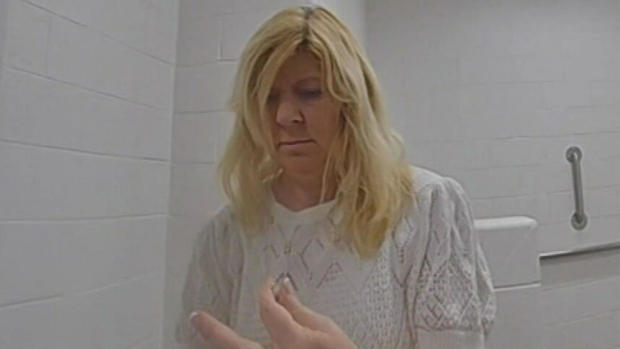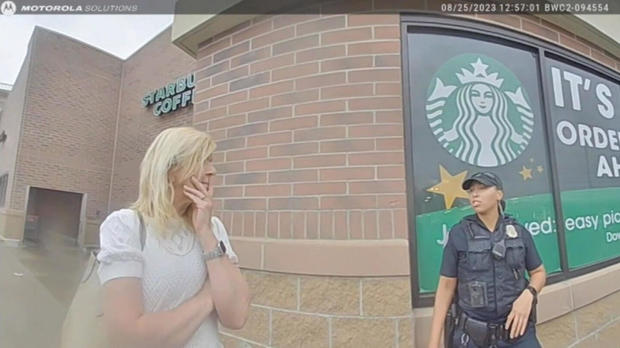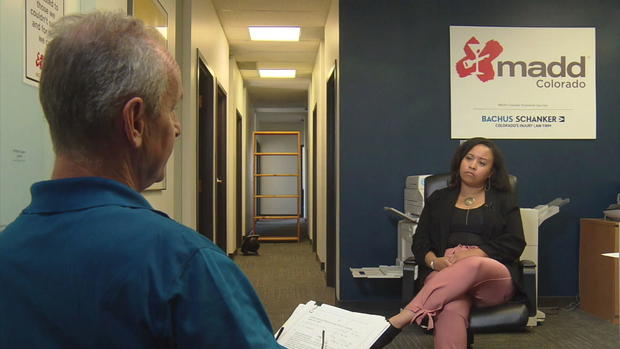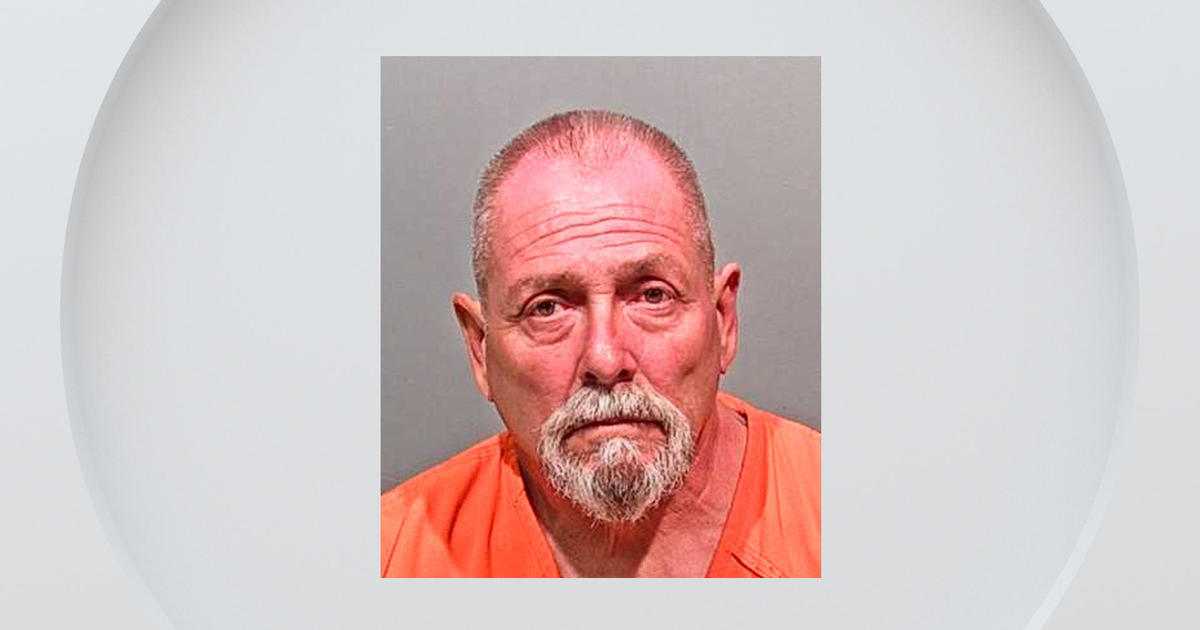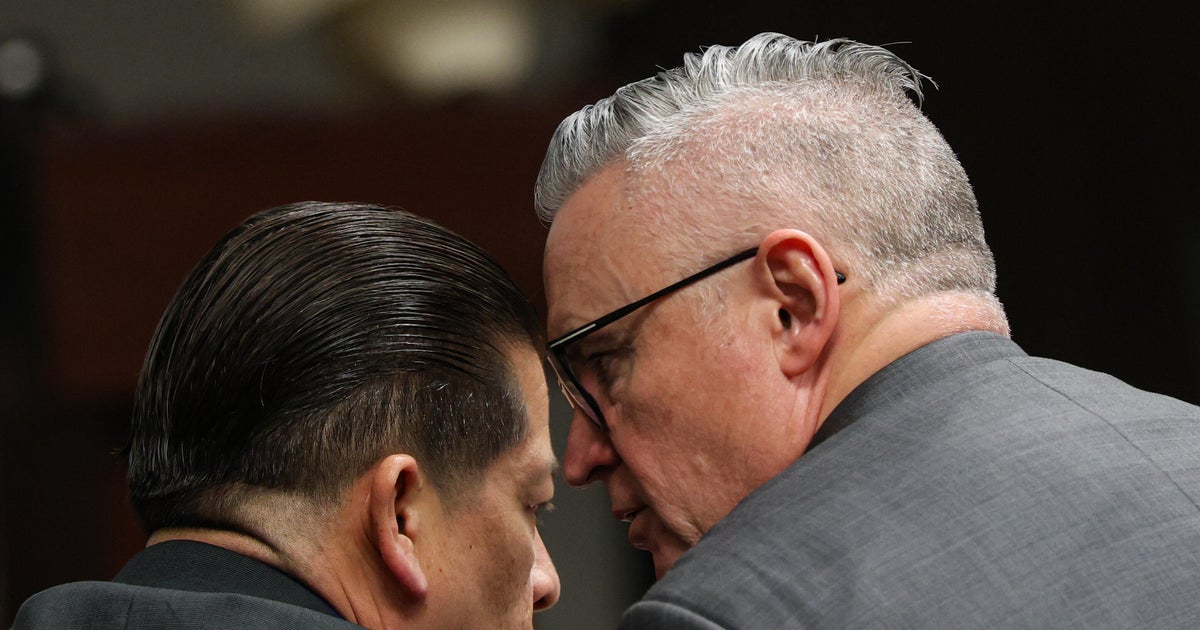Judge jails Colorado lawyer who showed up drunk for her DUI sentencing
After three DUI arrests within 18 months, a Colorado lawyer agreed to plead guilty to all three cases and be sentenced in Arapahoe County court earlier this year.
According to state disciplinary documents, when the attorney, Denise Kay, showed up for the January 2024 sentencing, the presiding judge "questioned whether she was under the influence and ordered her to submit to a preliminary breath test," which showed a breath alcohol content of .324, four times the legal limit for DUI in Colorado.
"The judge held Kay in direct contempt and remanded her to county jail for three days," according to the disciplinary order.
The case highlights some of the problems with current deterrent strategies to curb DUIs and is bringing focus to emerging technology to stop DUI drivers that anti-DUI activists call "monumental."
Kay, 56, had no criminal record in Colorado until 2022, when she backed into a parked car in Littleton. Her blood alcohol measured .298, more than three times the legal limit.
She pleaded guilty in October 2022 and was given 12 months probation and ordered to use an interlock device on her car, which is essentially a breathalyzer for a vehicle.
It requires the driver to blow into a mouthpiece on the device before starting or continuing to operate the vehicle.
While on probation, Kay, an employment attorney, was stopped by Sheridan police in August 2023 for suspected DUI. During the stop, police say Kay backed her car into a police cruiser.
At the time, she was also driving another one of her cars, which was not fitted with an interlock device. She later pleaded guilty to DUI in the Sheridan case, and a charge of evading an interlock device was dismissed.
A few weeks later, in Englewood, police responded to a grocery store where Kay had driven a car onto a pile of landscape rocks. Her blood alcohol registered .297, and she was again charged with DUI.
Being on probation, losing her license, and being ordered to use an interlock device did not prevent Kay from repeatedly driving under the influence, according to court records and police reports.
"I'm not proud of any of this and embarrassed by all of it," Kay told CBS News Colorado.
"Addiction doesn't have any boundaries," she said, noting she is now serving jail time through October and is allowed out on work release.
"I am so thankful and pray every day that I haven't hurt anybody, and that's what's getting me through this," she said.
Rebecca Green, Colorado's executive director of Mothers Against Drunk Driving, said for some offenders, jail time, probation, interlock devices, and taking their licenses away may not always be effective deterrents.
"Someone who gets their first DUI has probably driven 80 times impaired before they were arrested," said Green. She said Kay appeared to "really need care and treatment."
Green said some repeat DUI drivers respond well when they hear stories from victims and survivors of DUI accidents.
But she said the best DUI deterrent—as revolutionary as the introduction of seat belts—may be an emerging technology called DADSS, or the Driver Alcohol Detection System for Safety, being developed by the auto industry and the federal government.
"We've got this amazing technology coming out," said Green.
The DADSS technology would eventually be standard equipment on all new cars. It is a passive system designed to detect alcohol in the driver's system via their breath and touch. "This not an add-on this is something similar to when seatbelts rolled out and car seats as well," said Green.
The technology is designed to measure and quantify alcohol in a drivers system. If they are over the legal limit, the vehicle won't move. While DADSS systems are being road- tested, critics have said such systems are invasive and raise privacy concerns.
Green says the benefits of the technology would be enormous.
"It is actually saving a life if we can remove an impaired driver from the road," said the state's MADD director.
As for Kay, she said she is getting help through various forms of therapy and acknowledges she "will be working on this the rest of my life."
She said she is trying to get her life together but feels good about her future.

